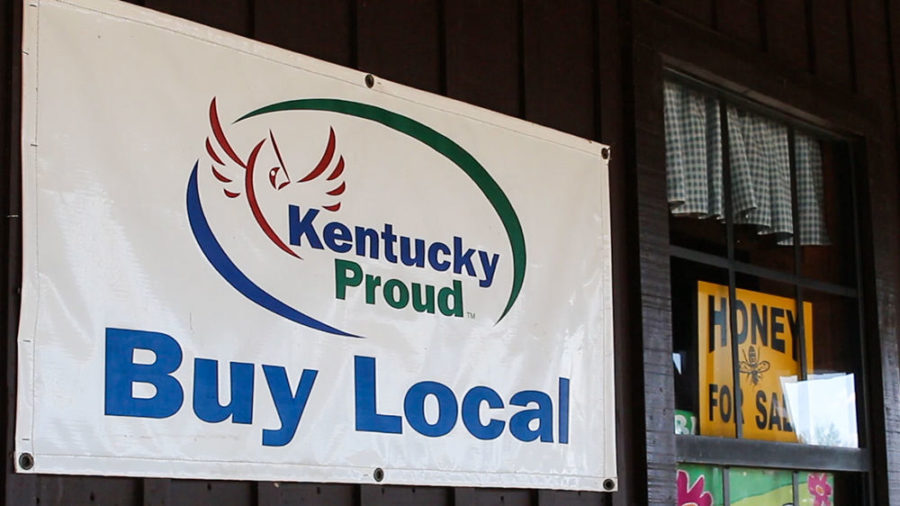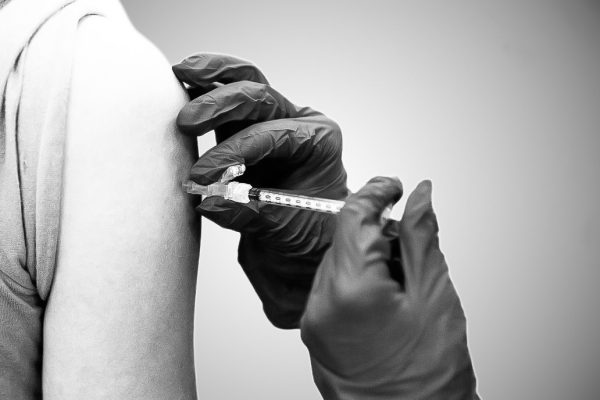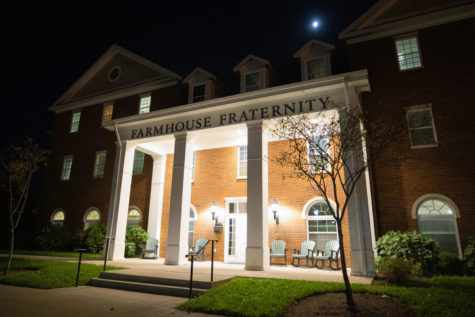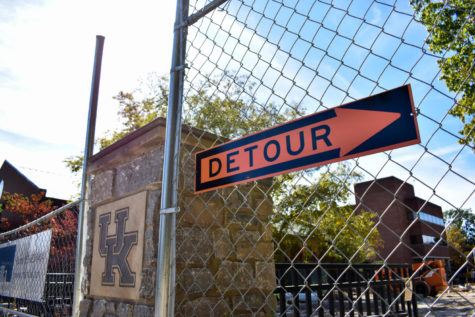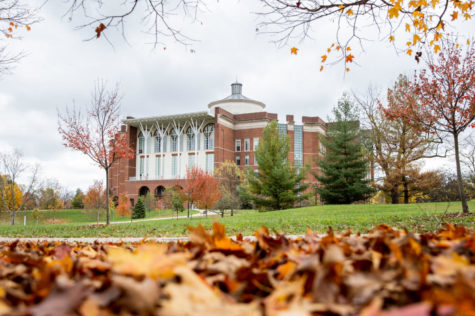Kentucky Proud, not so local
April 18, 2016
There’s no debate over whether Kentucky Proud has the right idea. By supporting Kentucky farmers and producers, the state economy can grow, and consumers who can’t easily access a farmer’s market or who don’t personally know a farmer can find local and unique Kentucky products. The idea behind the program is wonderful, but ideas don’t mean much if they aren’t executed well.
Among the 5,300 Kentucky Proud members are companies like Coca-Cola, Pepsi Co and Home City Ice. These large companies benefit from the Kentucky Proud label just as much as a farmer living down the road. It seems inherently unfair that your neighborhood vegetable farmer and Coca-Cola are given the same “local” label.
Mark Swanson, associate professor and interim chair of UK’s Department of Health Behavior, said the Kentucky Proud program is based on promoting local farmers and “the thought that local fresh food promotes health.”
“That’s the issue. What do we mean by Kentucky proud?” Swanson said. “(UK) does the same thing with its purchasing contract with Aramark – says if it’s produced in Kentucky, it’s Kentucky Proud … if any part of it is manufactured in Kentucky.”
Yes, Coca-Cola is providing jobs in Kentucky through distribution and bottling, but it’s famous for being an Atlanta product. KFC isn’t trying to market Georgia Proud chicken in Georgia, so why should Kentuckians allow Coca-Cola to do the same?
“Having Coca-Cola, ice or other products like that, that are definitely manufactured and help create Kentucky jobs, (does) nothing to promote health and … nothing to promote Kentucky agriculture,” Swanson said. “And the fact that the Kentucky Proud program is in the Department of Agriculture suggests to me that part of it is promoting Kentucky farmers, and the program doesn’t do that adequately in the minds of many people.”
Kentucky Proud doesn’t moderate how farmers grow or produce their products. Instead, it acts as a way for consumers to better access products that are made in Kentucky.
But, as Kentucky Proud is set up right now, consumers can’t be sure that Kentucky Proud products are from Kentucky.
As long as they have a Kentucky address, that’s enough proof for the Kentucky Department of Agriculture. The Department of Agriculture should check to ensure products are made locally.
One solution Swanson offered was supporting the Community Farm Alliance, a statewide organization of small-town farmers who are campaigning to tighten standards. Swanson said the goal is to give consumers security in their knowledge that they are supporting local farmers when they buy Kentucky Proud products.
Kentucky Proud provides both Kentucky consumers and producers with a positive outlet for economic growth and healthy benefits, but companies abusing the system and getting a free pass from the Department of Agriculture are cheapening the system and making it harder for the true purpose of Kentucky Proud to shine through.
As consumers, Kentuckians need to look past the logo and learn where their food comes from, and Department of Agriculture officials need to be more conscious when selecting Kentucky Proud participants.
Email [email protected]
















































































































































